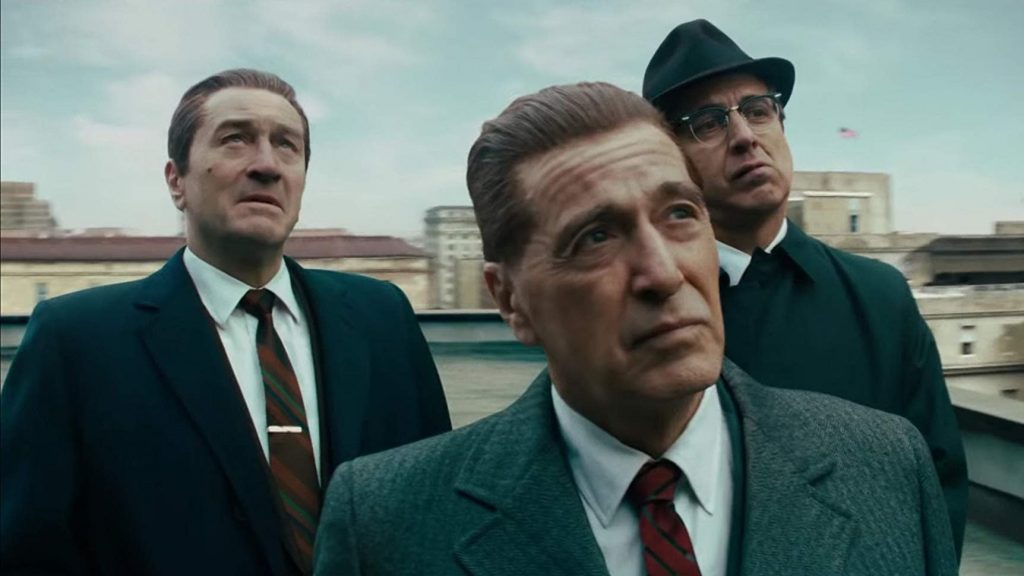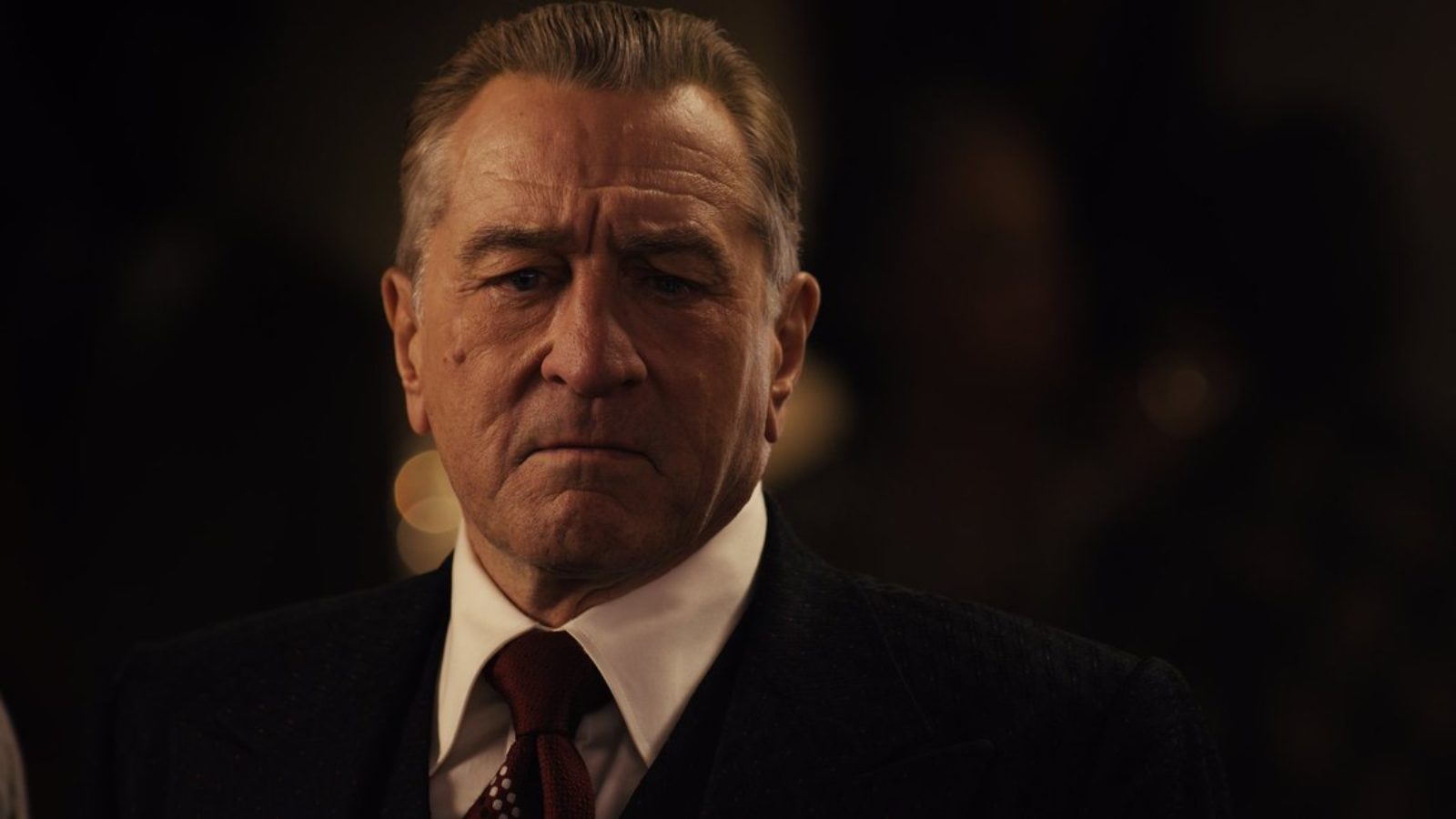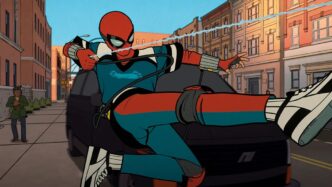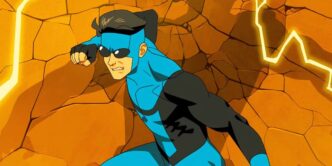There is an introspective nature to The Irishman that stands out in comparison to Martin Scorsese’s earlier mob films such as Goodfellas or The Departed. There’s less bluster, and more focus on the story beats, wonderfully accentuated by three powerhouse performances from De Niro, Pacino and Pesci. It’s a thoughtful gangster movie, where instead of brazenly calling attention to his own directorial prowess or the actors’ chops, Scorsese lets the movie breath and settle into its own rhythm.
Based on the book I Heard You Paint Houses: Frank “The Irishman” Sheeran & Closing the Case on Jimmy Hoffa, the film follows real-life gangster Frank Sheeran (Robert De Niro) through the 1950s to early 2000s as he makes his way up the ladder working for Pennsylvania mob boss Russel Buffalino (Joe Pesci) and later, infamous union president Jimmy Hoffa (Al Pacino). The film is framed as an ordinary road trip to a wedding in 1975, with Sheeran driving his boss and each other’s wives. As we eventually learn, this is a prelude to a betrayal that’s been a long time coming.
The Irishman is long- almost tenuously so- anchored by the way Sheeran’s relationships with Russel and Jimmy evolves over the years, and to a smaller extent, how his youngest daughter, Peggy (Anna Paquin) grows more distant from him as she grows up. There’s a historical backdrop to the film: midway, the Kennedys are a major obstacle to Hoffa, and later through the film, footage of the Watergate hearings is shown in people’s living rooms.

At 75, Robert De Niro brings a distant pain to the character of Frank Sheeran, who seems closed off even to his closest associates. Frank is mostly reactive: he falls forward into his role as a monster, and he often gets out of right spots by playing the dumb guy, blessed by the luck of being the right guy in the right place. It’s only in the third act that you feel some of his inner turmoil at being forced to do something he wanted to desperately avoid.
Pacino gets most of the praise for his turn as Hoffa, which benefits from his screen presence immensely. As a role, it’s more cerebral than the ‘ballsy’ portrayals we have seen in Scent of a Woman or The Devil’s Advocate.
Hoffa is a stickler for details and is frustratingly dogged, getting into arguments (and fisticuffs) with his rival for wearing shorts to a meeting and being late. Earlier on, when he sees that the flag on his building has been lowered to half mast to honor JFK’s death, he stubbornly forces his men to raise the flag all the way up.
Joe Pesci, who came out of retirement for this film, is understated, who’s always watching, calculating his moves based on other people’s reactions. It’s the polar opposite of the loud, boisterous roles he has previously played in Scorsese films. He is famous as the moderator and ‘fixer’ for many mob problems, and he tries to mend the fences with Hoffa, but eventually he gives into fate. Like he tells Sheeran, “it is what it is.”

The Irishman demands your attention as it jogs through its sizeable runtime, and the way it ends, as Sheeran tries to make peace with God, and the once powerful man is left alone, except for a bodyguard who accompanies him from place to place. It’s an affecting depiction of aging, guilt and regret, and as you leave Frank in his old home, you get the feeling that it was, ultimately, a journey of futility.
The Irishman isn’t the best Scorsese film, but it’s still probably the strongest movie out there on Netflix’s recent slate. If you sit down to watch this, set some time aside for yourself (and prepare for bathroom breaks). This is a case of consistency in action: and while The Irishman doesn’t have many moments that leave you breathless, it does keep you glued to the screen for most of its runtime.







